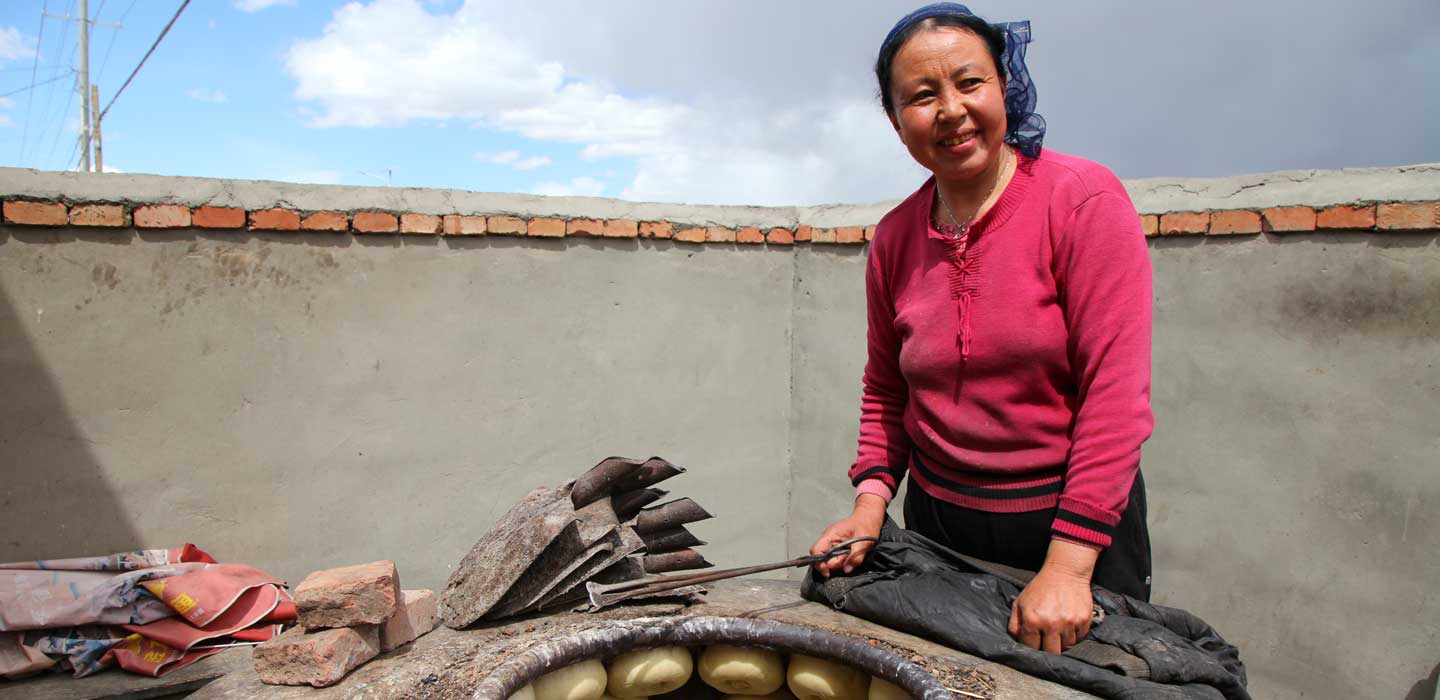Stories
Stories

Stories
Manual Submenu Topics
Search Results Filters
Search Results
New horizons for the Ingobor Youth Group
Meet Ingobor, a group of 20 former bus drivers and conductors who pooled their resources and established a successful dairy business.
Three ways to harvest water in Brazil’s sertão
For centuries, people living in Brazil’s semi-arid region have struggled with a lack of water. But over the last decades, thanks to support from IFAD and other development actors, these communities are squeezing a few more drops of water from Mother Nature.
The potential and unknowns of gender transformative approaches
With less than a decade left to meet the Sustainable Development Goals, the sobering current global trajectory is one in which it will take roughly 170 years to achieve gender equality. The current global pandemic has both made gender inequalities more visible and worsened them, including in food systems.
Seeing the invisible, doing the impossible: A young Nigerian entrepreneur’s journey to success
Dorothy Chia Vandefan is nothing if not insightful. She describes herself as a serious-minded agricultural entrepreneur who can create opportunities where there seem to be none – and she’s right.
In Moldova, new frontiers for the honeybee business
Thanks to an IFAD-supported grant, Ecaterina’s honey business is taking off – and now she and her fellow entrepreneurs have a bigger market reach than ever before.
Recipes for Change: A conversation with Chef Shane Chartrand
For over a decade, Chef Shane Chartrand has been on a personal and culinary journey: figuring out what it means to be of Cree descent and of Métis upbringing, and how to integrate that into being a professional chef living and working in Edmonton, Alberta, Canada, on Treaty 6 territory.
Grass funds: Tradition meets ingenuity in Brazil’s sertão
Too many people assume Brazil’s fundo de pasto communities are relics of the past. Today, they’re at work uniting centuries-old traditions with contemporary food systems.
11 reasons why remittances are important
Every year, on 16 June, the International Day of Family Remittances (IDFR) is observed to raise further awareness on the abnegation and sacrifice of migrant workers, who support their families and communities of origin through the money they send back home, particularly in these times of crisis.
Climate-smart agriculture supports food systems in rural Georgia
Through the use of climate-smart agriculture techniques, an IFAD-supported project is helping rural Georgian farmers holistically restore their local and regional ecosystems.